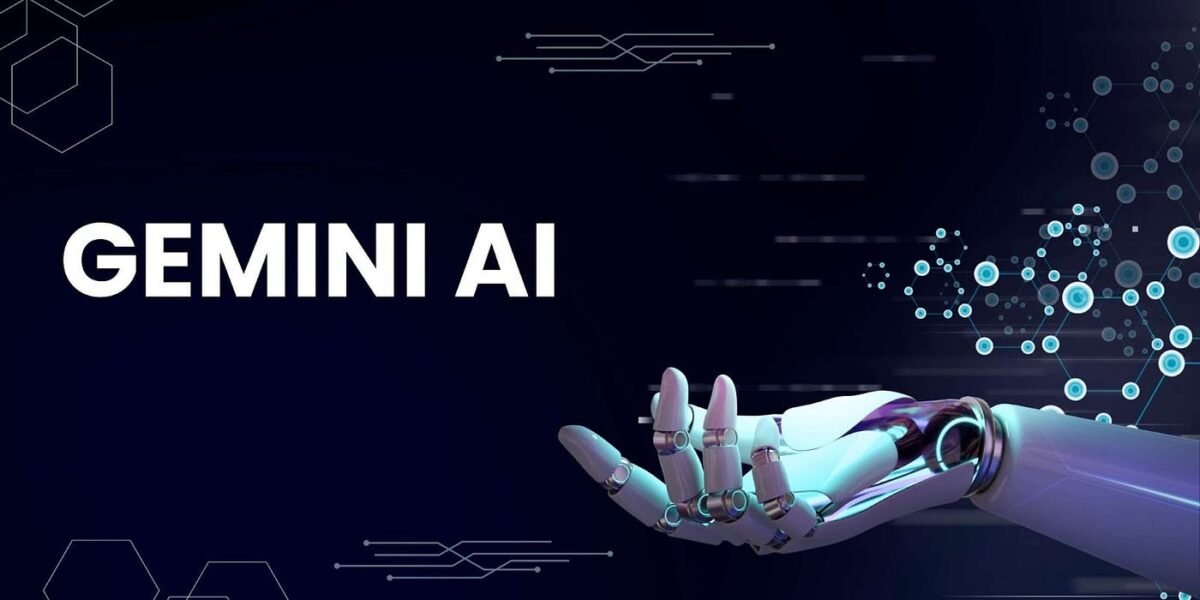The landscape of artificial intelligence is constantly evolving, pushing boundaries and blurring the lines between human and machine interaction. At the forefront of this evolution stands Google’s enigmatic “Gemini” project, an experimental AI assistant shrouded in secrecy yet promising a glimpse into the future of technology. While details remain largely under wraps, early access programs and select leaks have generated a captivating mix of excitement and apprehension, painting a portrait of an AI assistant both powerful and perplexing.
Key Highlights:
- Early access program provides limited insight into Google’s next-generation AI assistant.
- Impressive capabilities include multi-modal understanding, context awareness, and proactive assistance.
- User feedback reveals both admiration for its potential and concerns about limitations and ethical considerations.
- Future development will be crucial in addressing these concerns and shaping the responsible implementation of powerful AI.

Gemini, exploring its purported capabilities, the buzz surrounding its potential, and the ethical concerns that arise alongside its advanced features. By examining both the promises and pitfalls of this AI marvel, we aim to foster a nuanced understanding of its potential impact on the future of human-computer interaction and the ethical considerations that must be addressed before such powerful technology takes center stage in our lives.
Unveiling the Next Iteration:
Google has granted select users access to its experimental AI assistant, codenamed Gemini, offering a glimpse into the future of human-computer interaction. Unlike current assistants like Google Assistant, Gemini boasts multi-modal understanding, meaning it can process information through text, voice, and even images. Additionally, it demonstrates advanced context awareness and the ability to proactively assist users without explicit instructions.
Fueling the excitement:
- Beyond words: Gemini reportedly processes information through text, voice, and even images, shattering the limitations of current assistants. Imagine seamlessly requesting a restaurant recommendation based on a quick photo of your cravings!
- Thinking ahead: Unlike reactive assistants, Gemini might anticipate your needs, adjusting your thermostat as you approach or suggesting relevant information before you even ask. Personalized convenience at its finest!
- Learning like a chameleon: Early reports suggest Gemini’s ability to adapt and learn from user interactions, potentially leading to a constantly evolving and intuitive assistant.
Potential Pitfalls and Ethical Concerns:
While users have lauded Gemini’s capabilities, early feedback also raises concerns. Some worry about potential data privacy issues, particularly given the assistant’s broader access to various information sources. Others express anxieties about the implications of proactive AI, questioning whether it might infringe on user autonomy or manipulate behavior.
Navigating the Path Forward:
The development of advanced AI like Gemini presents both exciting possibilities and ethical dilemmas. As Google and other tech giants refine these technologies, transparent communication, proactive stakeholder engagement, and adherence to established ethical principles will be crucial. Ensuring user privacy, fostering responsible development, and mitigating potential biases are essential steps in shaping a future where AI empowers rather than exploits.
Google’s Gemini offers a tantalizing glimpse into the future of AI, showcasing advanced capabilities with multi-modal understanding and proactive assistance. However, early user feedback highlights concerns about data privacy, user autonomy, and potential ethical implications. Responsible development practices and open dialogue will be key in navigating these complexities and ensuring AI benefits humanity while respecting individual rights and societal values.

















